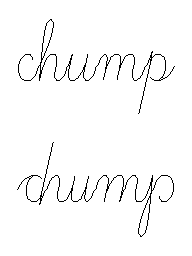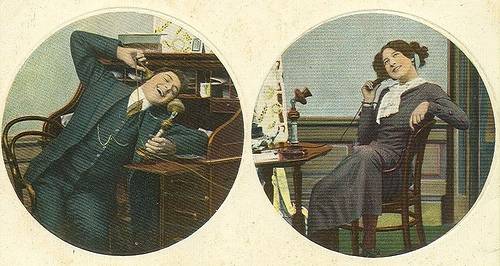‘Twas potter, and the little brown
Did simon and schuster in the shaw;
All mosby were the ballantines,
And the womraths mcgraw.
“Beware Jovanovich, my son!
The knopfs that crown, the platts that munk!
Beware the doubleday, and shun
The grolier wagnallfunk!”
He took his putnam sword in hand,
Long time the harcourt brace he sought;
So rested he by the crowell tree
And stood awhile in thought.
And as in harper thought he stood,
Jovanovich, with eyes of flame,
Came houghton mifflin through the wood
And bowkered as it came!
Dodd mead! Dodd mead! And from his steed
His dutton sword went kennicatt!
He left it dead, and with its head
He went quadrangling back.
“And hast thou slain Jovanovich?
Come to my arms, my bantam boy!
Oh, stein and day! Giroux! McKay!”
He scribnered in his joy.
‘Twas potter, and the little brown
Did simon and schuster in the shaw;
All mosby were the ballantines,
And the womraths mcgraw.
— Anonymous



